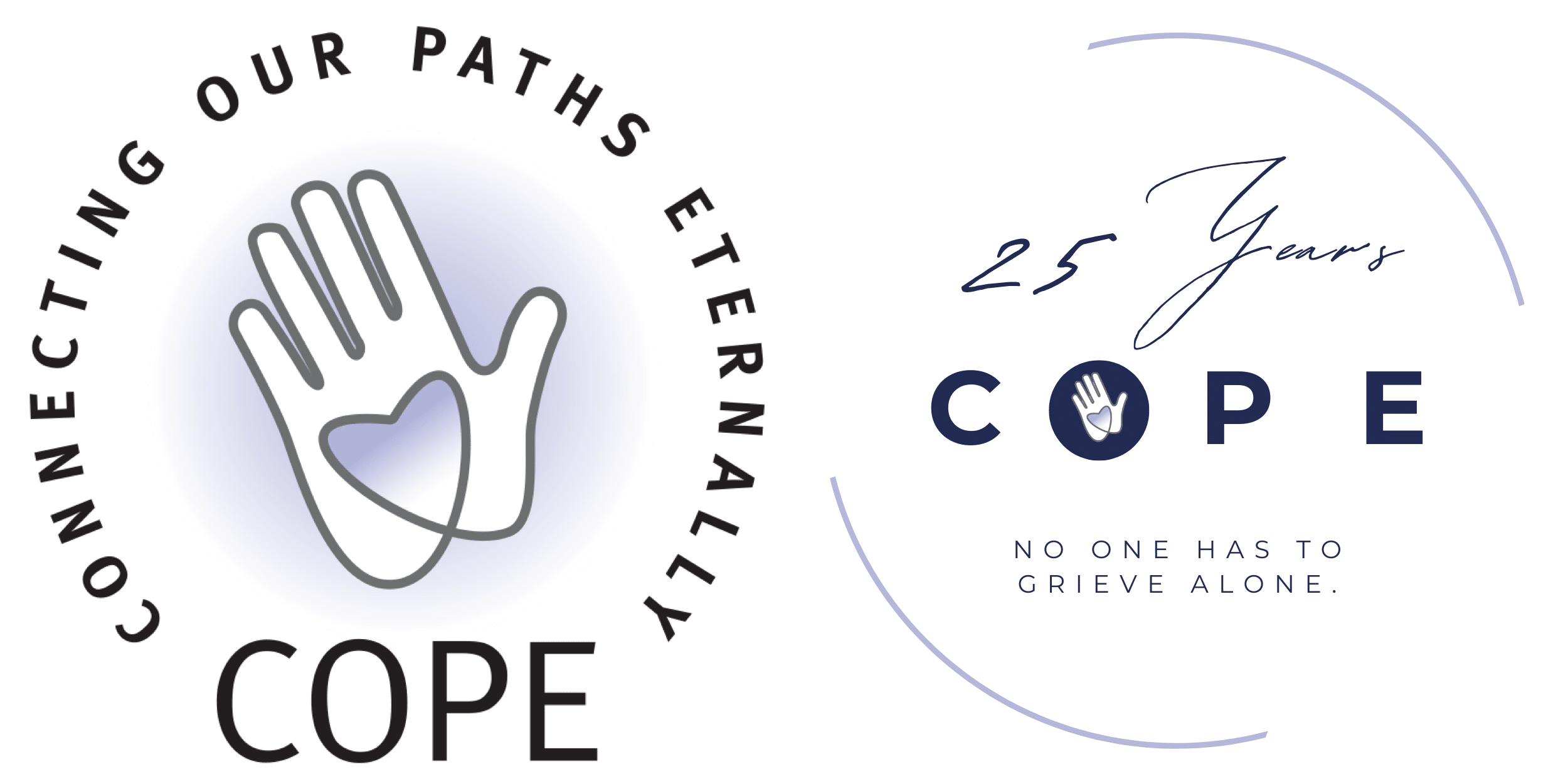Acute, Integrated and Complicated Grief
There are three categories of grief that one can be experiencing throughout the grief journey: acute, integrated, and complicated.
Acute grief is the early response to loss that can be intense and all- encompassing. It can involve intense daily yearning to be reunited with the lost loved one, significant emotional pain, as well as a multitude of physical reactions that many may never have been felt before (e.g. heart palpitations, butterflies in the stomach, dizziness/fogginess). The bereaved person may also experience a feeling of unreality, as well as distracting thoughts of the loved one, trouble focusing attention and forgetfulness. These are all normal adaptive reactions within the context of grief.
Integrated grief is the enduring residual form of grief in which the reality and meaning of the death are gradually understood and the bereaved is able to embark once again on pleasurable and satisfying relationships and activities. Integrated grief does not mean that individuals forget their loved one, miss them any less or stop feeling sadness when thinking about them. The loss becomes integrated into the autobiographical memory system, meaning that thoughts or memories of the deceased are no longer as preoccupying or disabling. The individual finds a way of staying connected to the deceased without their physical presence. Once an individual’s grief has become integrated they are more easily able to engage in other activities without grief constantly preoccupying their mind. However, there may be periods when the acute grief re-emerges, this is common and does not reflect a failure or malfunction of the grieving process. This can occur around the time of significant events, such as holidays, birthdays, anniversaries, another loss, or a particularly stressful time.
Complicated grief is a lasting form of acute grief with complicating features that impede the restructuring process necessary for integrated grief. The term “complicated” is used because grief is thought to be a natural healing process and, like the body’s other healing processes, there can be complications that mean it is not completed as intended. Complicated grief is very similar to acute grief however it can go on for years without the intensity of the experience decreasing.
If you feel as though you may be experiencing complicated grief it may be a good idea to consult a mental health professional for support.

